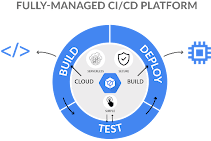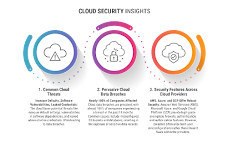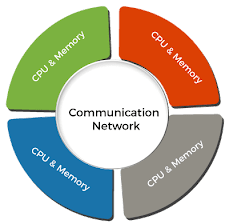GCP DevOps ?Key Features, Benifits Unlocking Efficiency and Innovation
.jpg)
Introduction In today's rapidly evolving technological landscape, DevOps practices have become instrumental in fostering collaboration between development and operations teams, ensuring seamless and efficient software development and delivery. Google Cloud Platform (GCP) DevOps emerges as a powerful solution, offering a myriad of benefits and key features to enhance the development lifecycle. - GCP DevOps Training Institute in Ameerpet Benefits of GCP DevOps: · Agility and Speed: GCP DevOps facilitates agile development methodologies by automating workflows and streamlining processes. · This agility enables teams to respond quickly to market demands, reducing time-to-market for new features and updates. · Scalability: With GCP's scalable infrastructure, DevOps teams can effortlessly adapt to changing workloads. · ...





